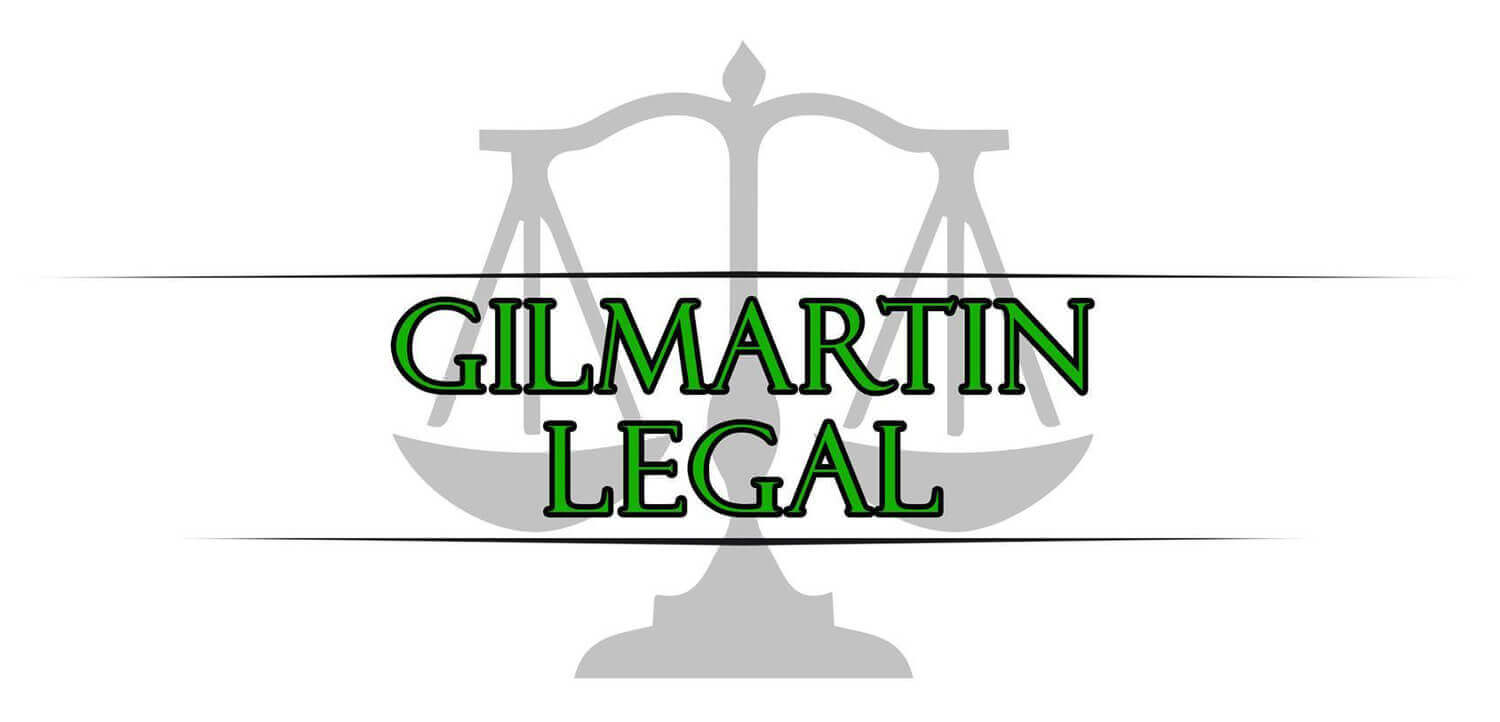You Need a Lawyer When You Buy or Sell a House
Do I need a lawyer when I buy or sell my house?
Buying or selling a home is a complicated and expensive process. For many, a home purchase is the largest purchase of their life. It is tempting to find ways to scrimp and lower the associated costs. Some may forego a realtor, and others think that an attorney is unnecessary. Foregoing a lawyer is neither the best nor the smartest way to save money when buying or selling a house. In fact, you need a lawyer when buying or selling real estate or you may end up spending more money than anticipated and necessary.
Typical Home Sale
Even a typical home sale involves several contracts and legal matters. Only a lawyer licensed to practice law in your state is qualified to draft contracts and help you understand the legal rights and responsibilities contained in the contract you are signing. Most realtors are not lawyers and do not have the ability to draft legal documents. The realtors use standard forms that may not address all concerns in your unique situation. Realtors also have a vested interest in having the sale go through since they get paid their commission only once the deal is closed. Lawyers do not have a vested interest in the sale. They are your advocate in the deal and are the only party completely on your side. The following are steps that are typically involved in a home sale.
- Brokerage Contract. The seller usually enters into a brokerage contract with the realtor. This is an agreement between the realtor and the seller.
- Purchase Agreement. Once an informal agreement is reached, the buyer and seller enter into a formal written agreement called the purchase agreement. This is an agreement between the buyer and seller and details the purchase price, and any other aspects of the deal such as whether any items will be left in the home or if something must be fixed.
- Commitment for Financing. The buyer gets a commitment for financing from the lender to show that he is able to purchase the home. This is an agreement between the lender and the buyer.
- Title Search. The title must be searched to satisfy both the buyer and the seller. The buyer needs to know that there are no unknown liens on the title and that the seller actually has the right to sell the property.
- Property Transferred. Finally the property is transferred from the seller to the buyer and the title is updated. The seller receives the purchase price of the property.
This is a complicated process with many steps. A lawyer can help protect you each step of the way to ensure that you understand everything you sign and have considered the legal ramifications.
Standard Forms
As mentioned, realtors use standard forms when entering brokerage contracts and purchase agreements. These forms may work in most situations, but not in all situations. Your attorney can check the documents and help you understand them before you sign. An attorney can also draft documents specific to your situation to make sure that legal ramifications are considered.
- Brokerage document. A lawyer can review the document and look for important issues.
- Are you liable for the brokerage commission if a sale does not take place?
- Will you be responsible for more than one brokerage commission?
- Can you negotiate on your own behalf, or does the broker have to do all negotiations?
- What is the effect of multiple listings?
- What happens if you decide to remove your house from the market?
- What happens if there are problems with the title?
- Purchase Agreement. A lawyer can review the agreement and address important points.
- Have any alterations or additions to the property been done lawfully?
- Can any changes planned by the buyer be completed lawfully?
- What happens if the inspection finds termites, radon, asbestos or lead-based paint?
- What happens if the closing doesn’t take place?
- Tax Issues. A lawyer can offer guidance about various tax issues.
- What are the tax consequences of the transaction?
- What happens if I make a large profit from the sale?
- Are there any tax advantages available?
Mortgage Loan Documents
Mortgage loan documents are often lengthy and complex. An attorney can explain the documents and help you understand what they mean. Make sure you understand any agreements or documents before you sign.
Title Search
An attorney can help review the title search and explain any information that is found. Your attorney can:
- Make sure the legal description of the property is correct on the title.
- Determine whether there are problems with neighbors or prior owners.
- Explain any easements, agreements or restrictions.
- Check zoning information not on title.
Closing
The closing is the final step when all the documents are signed, the purchase price is paid and the ownership of the property is transferred. Depending on the situation, this can either be quick or take several hours. Your attorney can help guide you through the process, answer any questions and help you to understand each document as you sign. Having an attorney to represent you ensures that your interests are represented and that you fully understand each document. If anything unusual pops up during closing, your attorney can help you resolve any issues. Though the buyer and seller want to come to an agreement, each are worried about protecting their own interests. Similarly the brokers, realtor, title company and mortgage lender each have a vested interest in the outcome. Having an advocate to protect your rights and interests is important for any real estate transaction.
Call Today!
Gilmartin legal is a full service law firm that can help you with any of your legal needs. If you are buying or selling – get a real estate attorney, contact us today to find out how we can advocate on your behalf.






